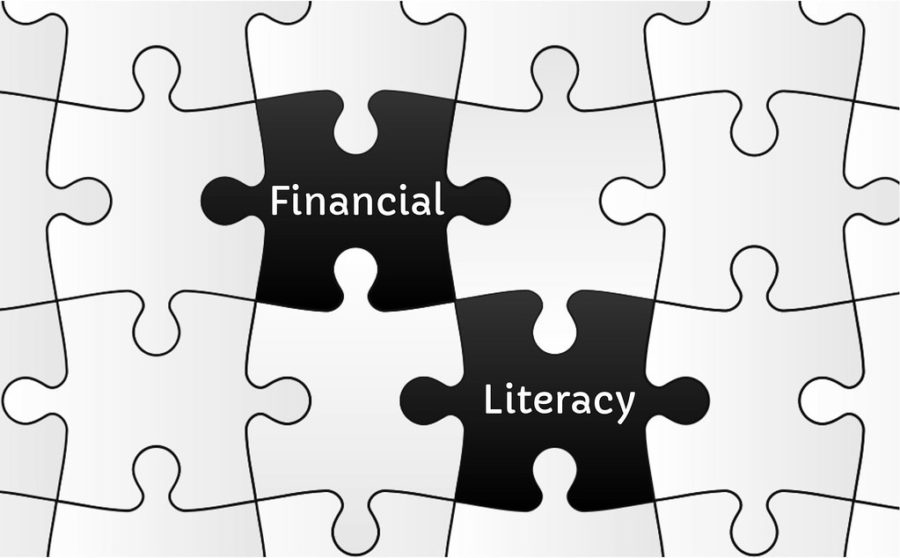A need for financial education
Knowledge is key. But what about financial knowledge? The current economy, especially as a teen fresh out of high school, is hard to navigate. Student loan debt plagues Americans, the majority of young adults feel stressed about personal finance, and financial literacy is lacking across the globe. When it comes to finance, it is easy to blame our favorite boogeyman – inflation. But, what if the problem is what we are learning at a young age– or not learning? Now, more than ever is the right time to start teaching personal finance at Hinsdale Central. And I believe that you, the administration, can help enact change that will create a future of financially literate and successful adults.
The importance of teaching finance at an early age is highlighted by the consequences of student loan debt. According to the Urban Institute, 30-40% of students in colleges take out federal loans. Joe Camberato, author of the article Should Schools Teach Financial Literacy states “few [students] understand exactly what they’re agreeing to or how much debt is appropriate”. As a sophomore at Central planning on going to college with no personal finance taught to me, it is worrying that taking out loans and going into debt will negatively affect me just because I didn’t have a good understanding of loans and debt. And although the D86 administration offers classes that teach personal finance, there is a worry that they aren’t widespread and extensive enough to students.
D86’s program of studies states that students must have .5 credits in consumer education in order to graduate. Classes like Economics, Family and Consumer Sciences, and Intro to Business all fulfill this requirement. Some of these consumer education classes give students the basic understanding of personal finance, such as Intro to Business. However, with a wide variety of different business classes that aren’t focused on personal finance, many students are not able to obtain proper personal financial education. So how can the administration help ALL students have a basic understanding of personal finance?
A solution would be to create mini-lessons on finance in our consumer economic classes, similar to Red Devil Reflections. For example, I am choosing to take AP Economics as a senior, which, according to college board, does not have a dedicated personal finance unit. Integrating these mini-lessons into classes and daily life will give students the tools to be prepared for a future in any field they choose to go into. Small implementations make big differences.
It’s essential to start learning about money at a young age. According to the Financial Industry Regulatory Authority (FINRA), 65% of individuals with a higher financial literacy had set aside a three-month emergency fund, in contrast to 42% without”. FINRA also found that students with higher financial literacy were less likely to have late fees, make only minimum payments on their credit cards and take out payday loans. When implementing financial education at an earlier age, adults in the future do increasingly well with personal finance. Knowledge is key. So when will you give us the key to unlock financial literacy?









